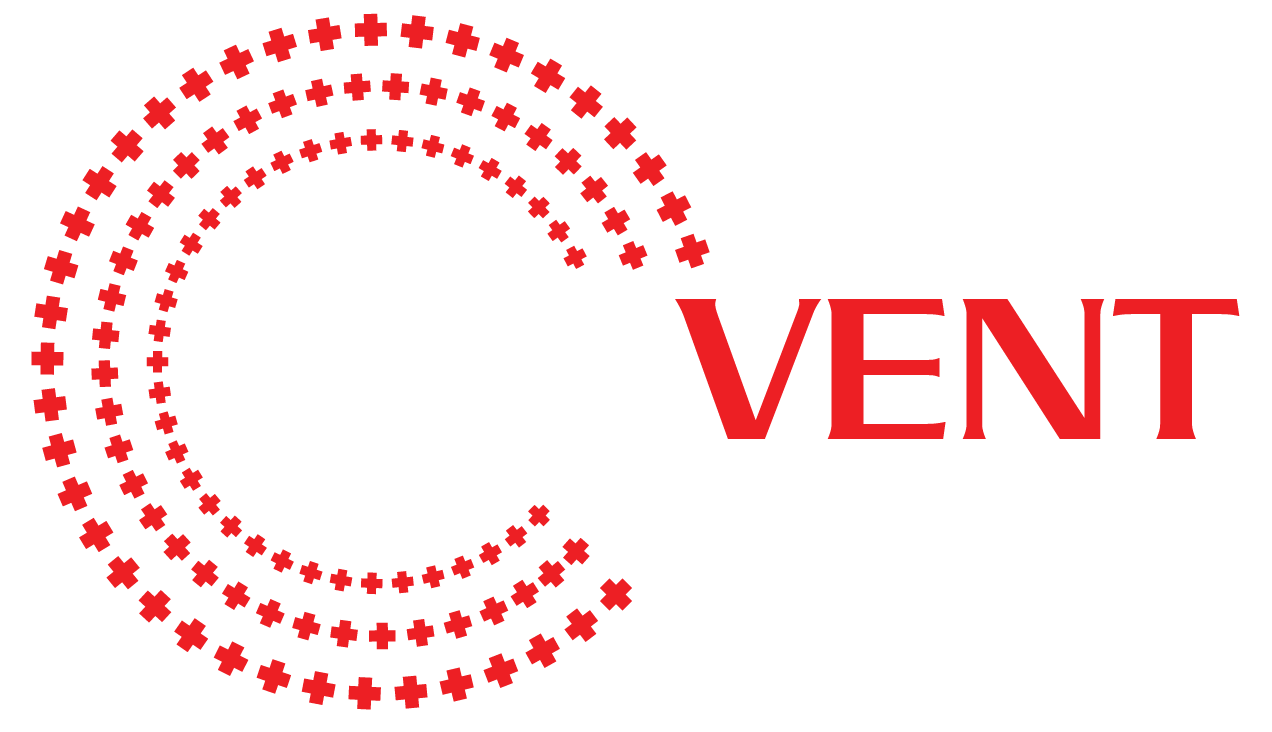
You may reach a worldwide audience by hosting a large virtual event. Attendees will be able to stream your event from wherever if they are not restricted by geography or travel availability. As a consequence, you’ll be able to invite participants from a wide range of nations, broadening your audience.
With the entire world as your market, the possibilities for ticket sales and brand promotion are endless. Interactive virtual sessions let you widen the effect of your event by allowing guests to contribute their own unique insights. Check out these virtual event best practices and our collection of event ideas and formats if you’re looking for some virtual event inspiration.
Continue reading for our comprehensive guide on staging a worldwide online event.
What is the best way to arrange massive virtual events?
To design a successful huge virtual event, you’ll need to think about a few important variables that will help you figure out what your event’s purpose is, when it’ll happen, and how you’ll deliver it to your participants. Continue reading to understand how to analyze these characteristics and how they might help you organize a huge event.
Consider your key objective
The first stage in the planning process is to determine the main purpose of your large-scale event. Your objectives will guide all of your other selections, ensuring that everything from time to streaming options aids in the achievement of the event’s key objectives. Large-scale event planning necessitates careful consideration of not just how to carry out the event but also how to make it relevant for the participants.
Consider the following questions to help you establish the key objectives of your huge virtual event:
- What level of interaction do you desire at your event? If you want to inform and educate your audience, you might want to hire a professional speaker. Alternatively, you may provide a more interactive experience in which visitors can ask questions, engage in workshop programs, and get to know one another in a virtual environment.
- What will be the source of your audience? You may arrange a worldwide online event with participants from all around the world. Alternatively, you might target guests from a certain location with your event marketing efforts. Determine your target audience today so that your marketing efforts may be tailored to that group. This thought will also assist you in creating a budget and determining the most efficient manner to present the event to a virtual audience.
The perfect date
It’s also crucial to choose the best date for your event. After all, a bad date might restrict your attendance – and your large virtual event’s success. Check the calendar for holidays and customs that may conflict with your event once you’ve identified your audience and where they’re coming from. Avoid not only the holiday itself, but also the week leading up to it, which may be jam-packed with holiday preparations and travel.
You’ll be able to rapidly identify blocks of time that won’t work by assessing your audience’s availability. You’ll also be able to focus your virtual event planning on a time period that works for your target audience. What’s the end result? A well-attended virtual event that fits into the schedules of your target audience.
Time zone
When deciding how to plan and manage a large event that will reach a national or even international audience, it’s also vital to consider the event’s time. Attendees on the West Coast or from other countries may not be able to join a virtual conference held during business hours on the East Coast. As a result, it’s critical to comprehend time zones and devise techniques for dealing with timing issues.
Consider presenting your virtual event in various sessions if you expect to draw attendees from different time zones. For starters, you may schedule sessions at various times with different presenters in the same time zone. You may also experiment with presenting on-demand material that is available at different times based on your audience’s availability. To guarantee that your virtual event is provided at a time that is convenient for your broad audience, combine and match techniques.
Choose your platform
Hosting large events online need a dependable platform that can reach a large audience throughout the country, if not the whole world. Choosing a platform for your virtual event is crucial since you want your event to go well and without problems for your guests.
Concentrate your search on event systems that can handle a high number of people checking in from various places. If you’re selling tickets to your event and want to restrict who can see it, you’ll want to be able to password-protect the video.
You may require a platform that allows participants to engage with one other and with you, depending on your event requirements. Look for a platform that has capabilities like video sharing and live chat if you intend on conducting an engaging virtual event. For example, Swivent has interfaces with Zoom and Vimeo, allowing for a seamless delivery of your large virtual event.
Speakers and special visitors might be chosen
Consider your audience base when selecting speakers and special guests when planning a huge event. Because your virtual event is likely to draw people from all over the world, you’ll want to include a varied range of speakers and visitors. Make sure you choose speakers from a variety of experiences and perspectives, as this will help you present more diverse and engaging information to your audience. After all, no one likes to listen to many speakers present the same message.
Choose speakers from various nations and cultures who may each give distinct perspectives to appeal to an international audience. The speakers don’t have to be physically present at the central feed because of the virtual nature of your event. They’ll just need dependable equipment, such as a camera, microphone, and enough lighting, as well as a fast Internet connection to broadcast their presentation from their location.
Technology
When it comes to livestreaming your virtual event, Internet speed and signal are critical. You may have unexpected hitches and delays in the delivery of your movies and sound if you don’t have a solid signal, which may be annoying for both participants and event organizers. Once you’ve decided on a location, double-check that it’s well-equipped for livestreaming. To analyze your venue’s Internet capability, use the following guidelines:
- Visit your location and do a web-based speed test to check the bandwidth, which may help you find Internet speed and address any issues before your event.
- To eliminate any WiFi troubles during the livestream, consider utilizing a LAN connection, which involves connecting the computer to the router through an ethernet cable.
- Bring your own WiFi booster or inquire whether the location has one available. A booster can improve your venue’s WiFi connection, allowing you to broadcast the event without interruption.
- Before you go live, make sure you’ve gone over everything on our Virtual Event Production Checklist.
The linguistic divide
Language boundaries can be a problem when providing a virtual event to an international audience, but they can be overcome. Consider any audience interpretation requirements when deciding how to arrange a large event. If you want a truly global event, you want everyone to have the same experience with the material regardless of the language they speak, and interpretation makes that possible. When you want to engage participants in their favorite language, you’ll need to employ a translator. Google Translate won’t cut it.
Event marketing for an internet audience on a global scale
A broad and diversified audience is required to successfully stage a huge virtual event. Because securing that audience is entirely dependent on you, marketing is the next critical stage in drawing people from all walks of life. “The beauty of holding virtual events is that you can tap into a worldwide audience,” says Gareth Hornberger, Senior Director of Global Marketing at Swivent. Anyone from anywhere in the globe is welcome to attend. So, to reach as many prospective attendees as possible, your marketing should use all of your distribution channels – email, social media, and paid advertisements.”


With careful organization, it is possible to host large virtual events effectively. The success of your event depends on careful consideration of key planning components, such as the venue’s connection and the availability of your audience. Creating a large-scale worldwide event marketing strategy can help you reach a large audience and increase attendance. Finally, you may create an event that engages people in a virtual world by drawing inspiration from recent online events. Don’t forget to think about online event safety as well.







His verterem consectetuer consequuntur ne, no virtute atomorum usu. Eu quo nemore causae tacimates, eos viderer persequeris an.